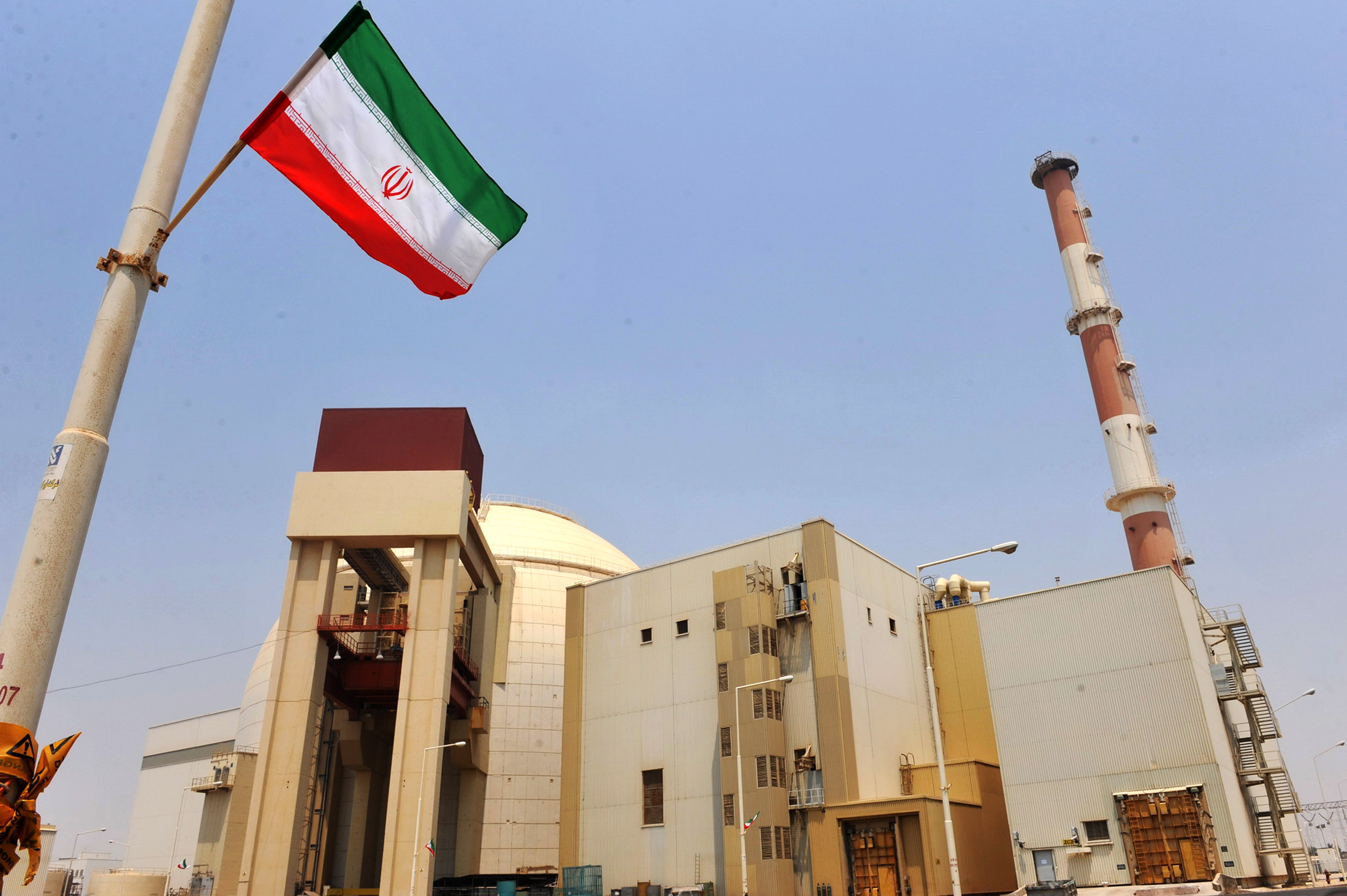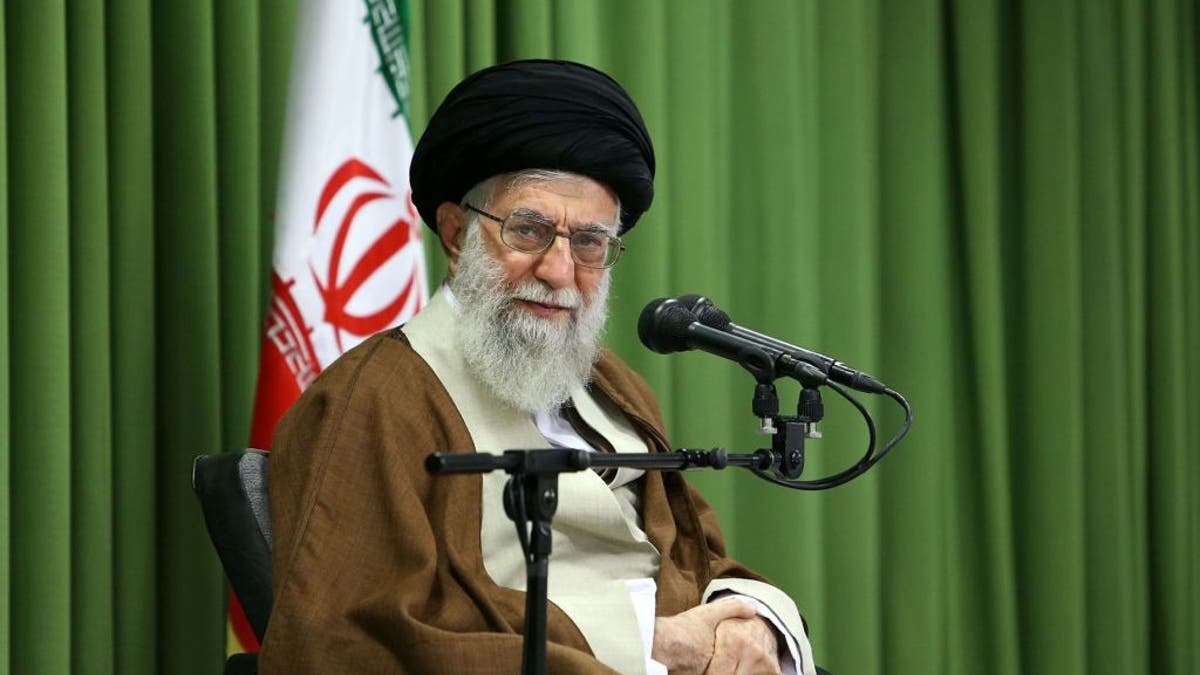Iran's nuclear program has long been a topic of global concern and debate. As international tensions rise, staying informed about the latest developments in Iran's nuclear activities is crucial for understanding geopolitical dynamics and their potential impact on global security.
From breakthrough agreements to diplomatic standoffs, the story of Iran's nuclear program unfolds as a complex narrative that affects not only the Middle East but the entire world. In this article, we will delve into the most recent news, historical context, and expert analysis surrounding Iran's nuclear ambitions.
This comprehensive guide aims to provide you with the latest updates, expert opinions, and reliable resources to help you form an informed perspective on this critical issue. Let's explore the current state of Iran's nuclear program and its implications for global peace and stability.
Read also:Brock Afentul The Rising Star Redefining Music And Beyond
Table of Contents:
- Background and Historical Context
- Recent Developments in Iran Nuclear News
- International Reactions and Diplomacy
- Economic Sanctions and Their Impact
- Technological Advancements in Iran's Nuclear Program
- Global Security Concerns
- Future Prospects and Predictions
- Public Opinion and Media Coverage
- Legal and Ethical Issues Surrounding Iran's Nuclear Program
- Conclusion and Call to Action
Background and Historical Context
Iran's nuclear program dates back to the 1950s when it was initially established with the help of the United States under the Atoms for Peace program. However, the program gained international attention in the early 2000s when concerns arose about its potential military applications.
Key milestones in Iran's nuclear history include the signing of the Joint Comprehensive Plan of Action (JCPOA) in 2015, which aimed to limit Iran's nuclear capabilities in exchange for sanctions relief. The agreement was a significant diplomatic achievement, but its future remains uncertain due to political changes in various countries.
Historical Timeline:
- 1950s: Iran's nuclear program begins with U.S. assistance.
- 2003: International Atomic Energy Agency (IAEA) raises concerns about Iran's nuclear activities.
- 2015: JCPOA is signed, easing tensions temporarily.
- 2018: U.S. withdraws from JCPOA, leading to renewed sanctions.
Key Players in Iran's Nuclear Program
Several key players have influenced Iran's nuclear program over the years. The Iranian government, led by its Supreme Leader, has been central to decision-making, while international organizations like the IAEA and countries such as the U.S., Russia, and China have played significant roles in negotiations and enforcement.
Recent Developments in Iran Nuclear News
As of the latest updates, Iran has continued to expand its nuclear capabilities despite international pressure. Recent reports indicate that Iran has increased its uranium enrichment levels, surpassing the limits set by the JCPOA.
Read also:Unveiling The Enigma Actress Goat Sotwe Ndash The Rising Star Of The Screen
Experts warn that these advancements could lead to a nuclear arms race in the Middle East, further destabilizing an already volatile region. The international community closely monitors these developments, urging Iran to return to compliance with the original agreement.
Iran's Nuclear Activities in 2023
In 2023, Iran's nuclear program has seen significant advancements, raising concerns among global leaders. According to the IAEA, Iran has installed advanced centrifuges at its nuclear facilities, accelerating its enrichment capabilities.
International Reactions and Diplomacy
The international community's response to Iran's nuclear program has been mixed. While some countries advocate for renewed diplomacy and negotiations, others push for stricter sanctions and punitive measures.
European nations, in particular, have emphasized the importance of dialogue and engagement to resolve the crisis peacefully. Meanwhile, the U.S. administration remains cautious, balancing diplomatic efforts with the need to protect national security interests.
Diplomatic Initiatives
Several diplomatic initiatives have been proposed to address the growing concerns surrounding Iran's nuclear program. These include:
- Reviving the JCPOA with updated terms.
- Encouraging regional cooperation to promote stability.
- Strengthening IAEA monitoring mechanisms.
Economic Sanctions and Their Impact
Economic sanctions imposed on Iran have had a profound impact on its economy and society. The reinstatement of U.S. sanctions in 2018 led to a sharp decline in Iran's oil exports, which are a critical source of revenue for the country.
Despite these challenges, Iran has sought alternative markets and economic partnerships to mitigate the effects of sanctions. However, the long-term sustainability of these strategies remains uncertain.
Sanctions Relief Negotiations
Negotiations for sanctions relief have been a central focus of diplomatic efforts. Both Iran and the international community recognize the need for a mutually beneficial agreement that addresses security concerns while allowing Iran to rebuild its economy.
Technological Advancements in Iran's Nuclear Program
Iran's nuclear program has made significant technological advancements in recent years. The development of advanced centrifuges has enabled the country to enrich uranium at unprecedented rates, raising concerns about its potential to produce weapons-grade material.
Experts emphasize the importance of monitoring these technological developments closely to ensure compliance with international agreements and prevent the proliferation of nuclear weapons.
IAEA Monitoring and Verification
The IAEA plays a crucial role in monitoring Iran's nuclear activities and verifying compliance with international agreements. Regular inspections and reporting mechanisms help maintain transparency and build trust among stakeholders.
Global Security Concerns
The expansion of Iran's nuclear program poses significant global security risks. A nuclear-armed Iran could destabilize the Middle East and trigger an arms race in the region, with far-reaching consequences for global stability.
International efforts to address these concerns focus on strengthening non-proliferation treaties and fostering dialogue between conflicting parties. Ensuring a peaceful resolution to the crisis remains a top priority for global leaders.
Proliferation Risks
Proliferation risks associated with Iran's nuclear program extend beyond the Middle East. The potential for nuclear weapons to fall into the hands of non-state actors or rogue states highlights the urgency of addressing this issue through collective action.
Future Prospects and Predictions
Looking ahead, the future of Iran's nuclear program remains uncertain. Several factors will influence its trajectory, including the outcome of ongoing negotiations, technological advancements, and international political dynamics.
Experts predict that a combination of diplomatic engagement, economic incentives, and robust monitoring mechanisms will be necessary to achieve a lasting resolution to the crisis.
Scenarios for the Future
Possible scenarios for the future of Iran's nuclear program include:
- Successful revival of the JCPOA with updated terms.
- Continued escalation of tensions leading to military confrontation.
- Stalemate with no significant progress in negotiations.
Public Opinion and Media Coverage
Public opinion on Iran's nuclear program varies widely across different regions and demographics. Media coverage plays a crucial role in shaping perceptions and influencing policy decisions.
It is essential for journalists and analysts to provide accurate and balanced reporting on this complex issue, ensuring that the public has access to reliable information to form informed opinions.
Challenges in Media Reporting
Challenges in media reporting on Iran's nuclear program include misinformation, bias, and lack of access to credible sources. Journalists must strive to overcome these obstacles by relying on verified data and expert analysis.
Legal and Ethical Issues Surrounding Iran's Nuclear Program
Iran's nuclear program raises several legal and ethical issues that must be addressed. International law prohibits the development and proliferation of nuclear weapons, and countries must adhere to these principles to maintain global peace and security.
Ethically, the pursuit of nuclear capabilities by any nation must consider the potential consequences for humanity and the environment. Promoting disarmament and peaceful uses of nuclear technology should remain a shared goal for all nations.
International Law and Compliance
Compliance with international law is essential for resolving the Iran nuclear crisis. Legal frameworks such as the Treaty on the Non-Proliferation of Nuclear Weapons (NPT) provide a basis for addressing these issues through diplomatic and legal means.
Conclusion and Call to Action
In conclusion, Iran's nuclear program remains a critical issue with significant implications for global security and stability. Staying informed about the latest developments and engaging in constructive dialogue is essential for finding a peaceful resolution to this complex challenge.
We encourage our readers to share this article, leave comments, and explore related content on our website. Together, we can foster a deeper understanding of global issues and contribute to a more informed and engaged society.

